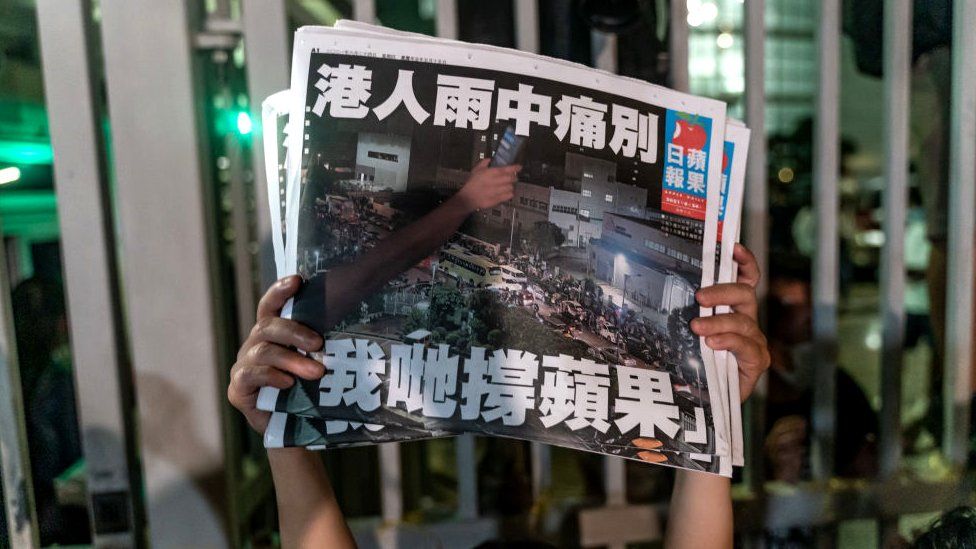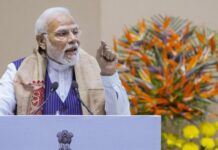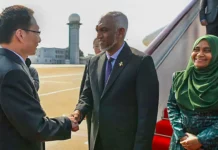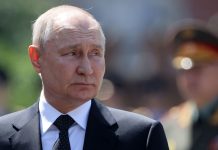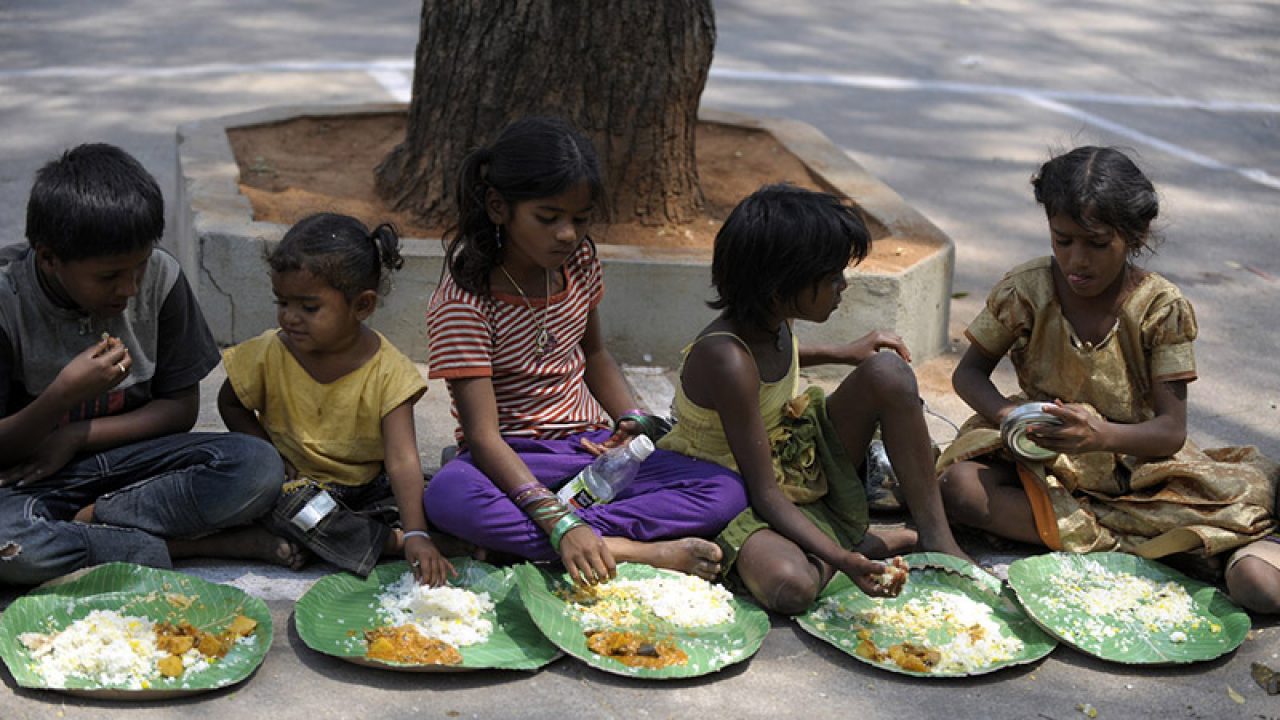One of the main pillars of Hong Kong’s democracy has collapsed when its pro-democracy publication “Apple” was closed last week. Several employees including the Chief Editor were arrested. This is a big blow to people of Hong Kong who have been fighting hard for a return of their democratic rights.
The earlier agreements between mainland China and Hong Kong under Basic Law ensured that Hong Kong would retain its capitalist economic system and maintain its currency (the HK Dollar), legal system, legislative system, and continue with its freedom of speech and rights laws, as a special administrative region (SAR) of China for 50 years. It did not suit the central leadership of CCP.
Hong Kong has strong international cultural values from its past as a British colony and as an international trading center. Although it has retained many traditional Chinese cultural values, its lifestyle is in stark contrast to most parts of mainland China. These differences will continue to exist for a long time.
Meanwhile, US forces are in the final phases of withdrawal from Afghanistan after almost 20 years of war. According to defense experts, the Taliban has already taken over several districts where the troops had left.
As promised by Biden administration, complete withdrawal of US military should end by 11th September 2021. However, the way Taliban is proceeding Biden may have to delay exit or, continue to maintain American military presence. Eventually, the local administration will have to work along with Taliban and come to terms with ground reality, and share power to keep Afghanistan from falling into complete anarchy. India’s Foreign Minister has been busy attending meetings in Doha with Taliban leaders along with other stakeholders including representatives from Pakistan.
Another concern is the fate of Afghan citizens who were involved with helping and supporting the American forces. Most of them had applied for immigrant visas earlier, awaiting decision by the Biden administration. This could also have been an issue discussed by Afghan President Ghani on his visit to United States recently. New Delhi is also keeping a close watch with new developments in Afghan politics.
In India’s Jammu & Kashmir, the all-party meeting called by Prime Minister Narendra Modi; his first engagement with Leaders in mainstream Kashmir politics since revoking of the special status of J&K in August 2019; marks an important milestone.
The Central government seems to plan for a delimitation exercise to pave way for assembly elections and restoration of statehood. J&K leaders attending the meeting have broadly agreed with the plan but may differ on priorities with regard election and statehood. The regional leadership seems to have come to terms with the reality that restoration of the special status of J&K cannot be negotiated with a government that made revocation of Article 370 a key ideological project.
“Naya Kashmir” Prime Minister Modi’s new vision for Kashmir should bring in industry and tourism as much needed investment to make available employment opportunities for the youth at par with the rest of the country.

